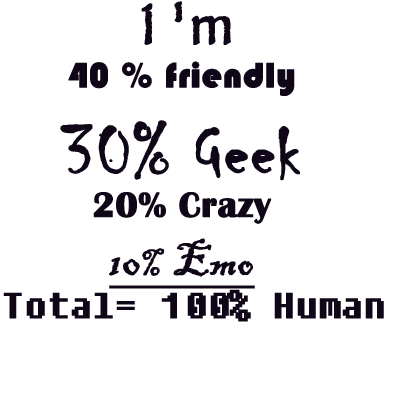Writing can often feel like a solitary project. For months and months you write in your cave--you create, you slave, you edit, you cut and paste and hit delete. You curse your uncooperative characters and then you fall in love with them. You put everything you've got into those pages.
So when it's finished, it feels like YOUR baby--a book you've lovingly created with your own twisted imagination. It's an amazing feeling.
But then the next step can determine how successful you're going to be at this whole writing thing. Because the next step is letting others in. To use Stephen King's analogy, you draft with the office door shut, then throw open the windows when you're done to let others in. What does that mean?
Get beta readers/critique partners AND actually listen to their feedback with an open mind.
I don't care how good of a writer you are. No one writes the best possible version of a book all on their own. Outside insight is a part of the process--unless the only person who is ever going to read the book is you. And please don't get beta readers just so you can stick your fingers in your ears when they come back--and instead of telling you how perfect everything is--they give you some tough feedback. It's your right to pick and choose which feedback you use and discard--but listen to every comment with an open mind first and look for WHY the person may have said that.
If you start querying and an agent/editor rejects you but gives you feedback, REALLY HEAR IT.
Agents/editors do this for a living. It is their job to figure out what works and what won't. If they took the time to give you personalized feedback, then this wasn't some offhanded comment. They are trying to help. It doesn't mean you HAVE to take the advice, but I would strongly consider what they say. I can't tell you how many times I see people tweet or blog about--well, I got a personalized rejection, but I don't really agree with what they said, so I'll just find an agent who agrees with me.
Don't get too attached to anything in or about your book. Have very few sacred cows.
We all have dealbreakers--parts of our story or characters or setting or whatever that feel like the heart of the book to us--that if we took that out or changed it, our story wouldn't be the story we want to tell. That's okay. That's your right as an author. BUT, choose those sacred cows wisely. Don't hold so tightly to everything that you can't see the bigger picture. My dealbreakers? I wouldn't have been willing to get rid of my happy ending or to make the book erotica and not erotic romance or to get rid of my dual timeline structure. That's it.
And why should you do these things?
Because once you get an agent and then a book deal--it becomes a team effort and a business. Your agent and editor have the same goals as you do--to make your book as awesome and successful as possible. But that often means you're going to have to make some changes that are hard.
When I first signed with Sara, she asked me to cut my very favorite scene in my book. I loved that scene. But when she explained why it didn't work--it totally made sense. So after a moment of mourning, I moved forward and did it. I was able to save my favorite parts of the scene and rework them into a new setting with new motivations. And you know what? It was so much better the new way! I would have never ever on my own cut that scene because I was too attached, too close to the book. And the book would have suffered for it.
Then when I got my edit letter last week from Kate, there was another scene I never would've thought of changing, but wow, it was a great suggestion. The change made the whole scene much stronger and upped the conflict with just a simple switch of action.
In addition to that and some other changes, she wanted me to change my title. *moment of silence to say goodbye to Exposure Therapy*
She wanted me to think of something that wasn't just sexy but that was romantic as well because Exposure Therapy doesn't speak to the romance part. Now at first, I was like--oh noes! I heart my title. But after a few minutes of thinking on it, I could see her point. The heart of my book is the romance and relationship and I need to make sure the reader feels that in the title. So, I've given her my suggestions and we'll see what happens, but it was just another example of how you can't be too attached to anything.
And I know most of you are probably saying--as long as I get an agent or editor, I don't care what they tell me, I'll do whatever they want me to! But when you're actually faced with it, it's a lot harder to do than you think. So prepare yourself now. Be open to feedback and think about what your sacred cows are. What are you willing to go to the mats for?
And remember, it is your right to say no to something. It is still your book. I didn't change everything that Sara suggested and she was fine with that when I explained my reasoning. But just make sure that you're willing to listen and consider everything before going with that knee jerk "no way!" reaction.
So what are some of your sacred cows? How would you feel if asked to change your title? And on the flipside, if someone does go after a sacred cow, would you have the guts to say no to representation or a book deal over it? 

